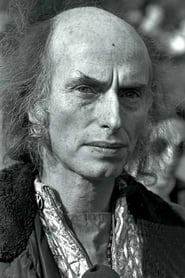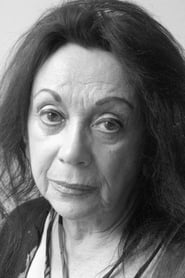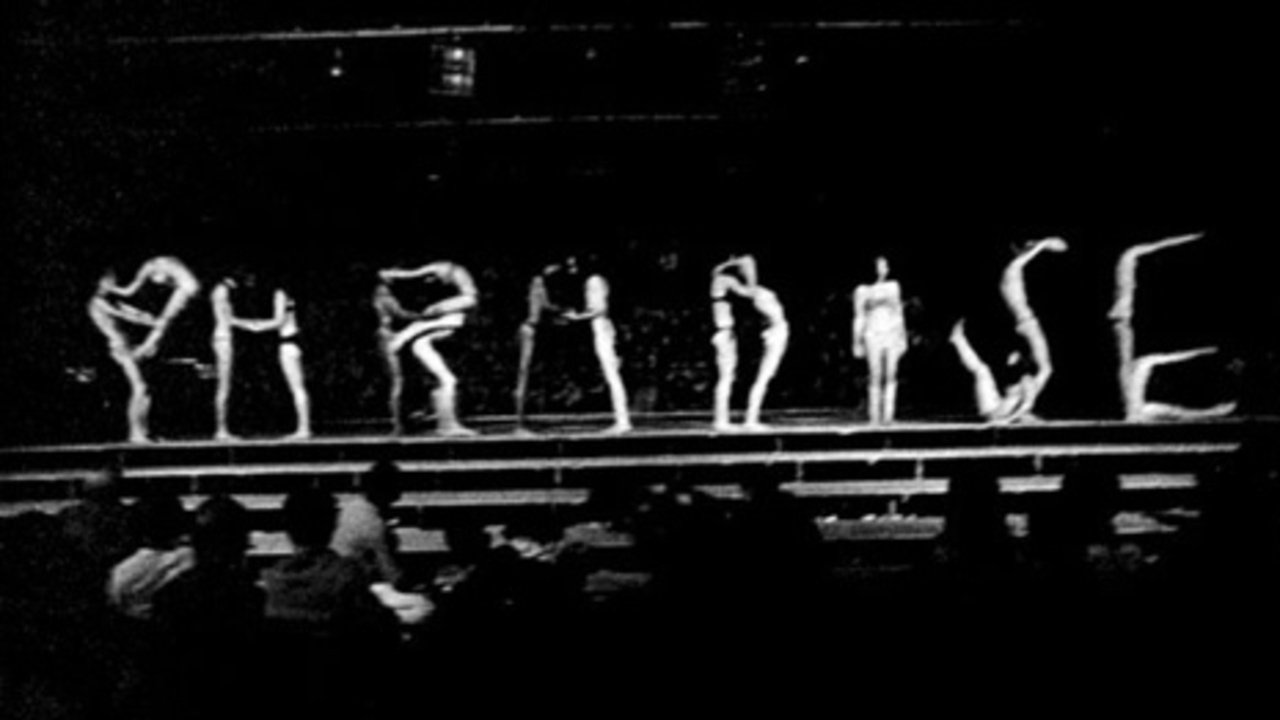
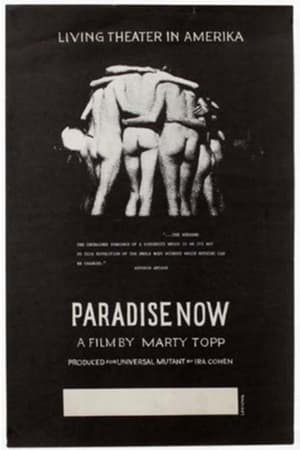
Paradise Now: The Living Theater in Amerika(1969)
A harrowing, gorgeous, in-your-face-and-mind 45-minute black-and-white film by Marty Topp, produced by Ira Cohen for Universal Mutant. “Marty Topp’s beautiful film of ‘Paradise Now’ reveals how the theories of revolutionary change and the experience of sexual liberation are not separate paths to the beautiful nonviolent anarchist revolution. Practiced together they are a single thrust, encompassing both political action and sensual joy, leading to the dreamed-of terrestrial paradise.
Movie: Paradise Now: The Living Theater in Amerika

Paradise Now: The Living Theater in Amerika
HomePage
Overview
A harrowing, gorgeous, in-your-face-and-mind 45-minute black-and-white film by Marty Topp, produced by Ira Cohen for Universal Mutant. “Marty Topp’s beautiful film of ‘Paradise Now’ reveals how the theories of revolutionary change and the experience of sexual liberation are not separate paths to the beautiful nonviolent anarchist revolution. Practiced together they are a single thrust, encompassing both political action and sensual joy, leading to the dreamed-of terrestrial paradise.
Release Date
1969-01-23
Average
0
Rating:
0.0 startsTagline
Genres
Languages:
EnglishKeywords
Similar Movies
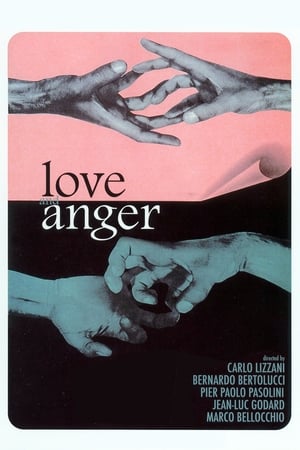 5.2
5.2Love and Anger(it)
Five short stories with contemporary settings. In New York, people are indifferent to derelicts sleeping on sidewalks, to a woman's assault in front of an apartment building, and to a couple injured in a car crash. A man, stripped of his identity, dies in bed with actors expressing his agony. A cheerful, innocent young man walking a city street in a time of war pays a price for this innocence. A couple talks about cinema while it watches another couple talk of love and truth on the eve of one character's return to Cuba. Striking students take over a university classroom; an argument follows about revolution or incremental change.
 0.0
0.0Emergency: The Living Theatre(en)
a 32-minute color film by Gwen Brown, featuring precious footage of Living Theatre productions “Mysteries” and smaller pieces, “Paradise Now” and “Frankenstein.” “The fusion of Brown’s freewheeling direct cinema and the Living Theatre’s performance for revolutionary change (amidst the heydays of both) unite as a dynamic concoction of the era, yielding for the viewer a shifting terrain of both critical insight and ecstatic zeal, not as a vacant nostalgia for a pre-commodified radicality, but as tactical inspiration for future days.” – Andrew Wilson (Artist’s Access Television)
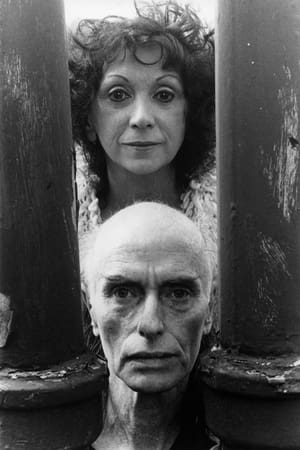 9.0
9.0Rite of Guerrilla Theater(en)
Commissioned work by Julian Beck and members of The Living Theatre (featuring Beck and Judith Malina, co-founders of The Living Theatre, in performance) for broadcast on KQED-TV, San Francisco. The Dilexi Series represents a pioneering effort to present works created by artists specifically for broadcast.
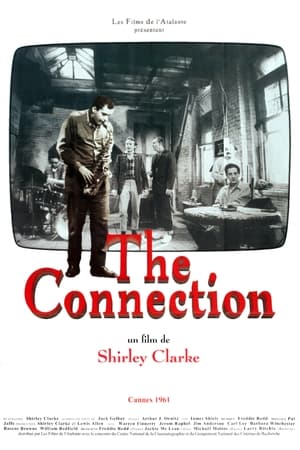 6.3
6.3The Connection(en)
A title card announces that the film is a result of found footage assembled by cameraman J.J. Burden working for the acclaimed documentary filmmaker Jim Dunn, who has disappeared. Leach, a heroin addict, introduces the audience to his apartment where other heroin addicts, a mix of current and former jazz musicians, are waiting for Cowboy, their drug connection, to appear. Things go out of control as the men grow increasingly nervous and the cameraman keeps recording.
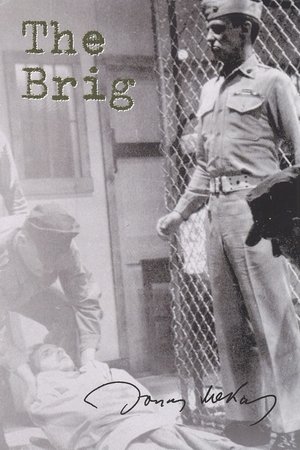 6.6
6.6The Brig(en)
An ultra-realistic depiction of life in a Marine Corps brig (or jail) at a camp in Japan in 1957. Marine prisoners are awakened and put through work details for the course of a single day, submitting in the course of it to extremely harsh and shocking physical and mental degradation and abuse.
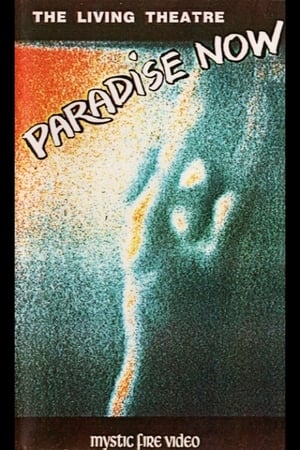 4.2
4.2Paradise Now(en)
At least forty films have been made about the Living Theatre; it remained to the American underground filmmaker Sheldon Rochlin (previously responsible for the marvellous Vali) to make the 'definitive' film about one of the most famous of their works, Paradise Now, shot in Brussels and at the Berlin Sportpalast. Made on videotape, with expressionist colouring 'injected' by electronic means, this emerges as a hypnotic transmutation of a theatrical event into poetic cinema, capturing the ambiance and frenzy of the original. No documentary record could have done it justice.
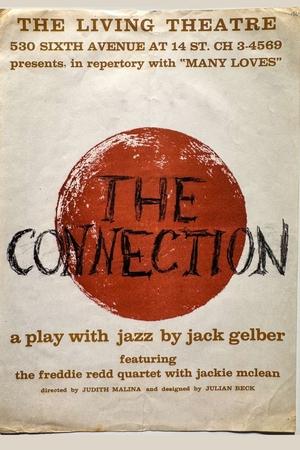 0.0
0.0The Connection(en)
A professional recording of the official play. The play has a play-within-a-play format, with characters Jim Dunn as the "producer" and Jaybird as the "writer" attempting to stage a production about the underbelly of society using "real" addicts. Some of the addicts are jazz musicians. They all (except for the "producer", "writer", and two "photographers") have one thing in common: they are waiting for their drug dealer, their "connection". The dialogue of the characters is interspersed with jazz music.
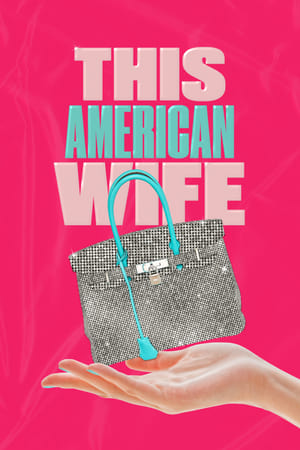 8.0
8.0This American Wife(en)
The body of a Real Housewife is an apparatus, an assembly of parts—hair, lips, dress, falsies, mic pack, cell phone, wine stem, camera, restaurant, brand, identity. This body is maintained and degraded, intoxicated and cleansed, in seasons and cycles, systems of supply and denial. The self needs a medium. Who cares who you are when you’re alone anymore?
 0.0
0.0Cour d'honneur de Jérôme Bel - Avignon 2013(fr)
Jérôme Bel's show features the memories of spectators at the Avignon Festival.
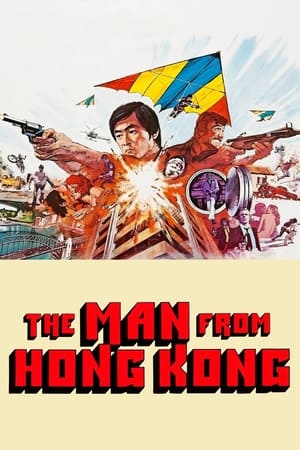 6.7
6.7The Man from Hong Kong(en)
Australian authorities arrest a man believed to be connected to the Sydney criminal underworld and send for Inspector Fang Sing Leng from Hong Kong to question him. After the alleged criminal is assassinated, Inspector Leng and the Sydney police try to hunt down those responsible and hope to solve their case along the way.
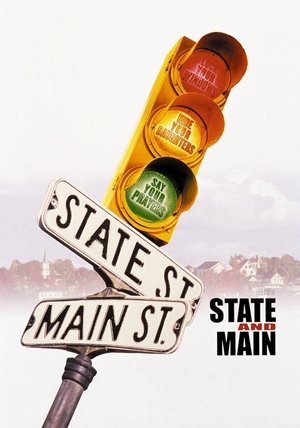 6.3
6.3State and Main(en)
A movie crew invades a small town whose residents are all too ready to give up their values for showbiz glitz.
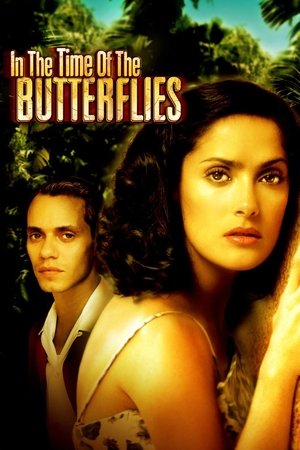 6.3
6.3In the Time of the Butterflies(en)
Based on the book by Julia Alvarez. Three sisters become activists during the Dominican Republic's Trujillo regime when members of their family are killed by the government's troops.
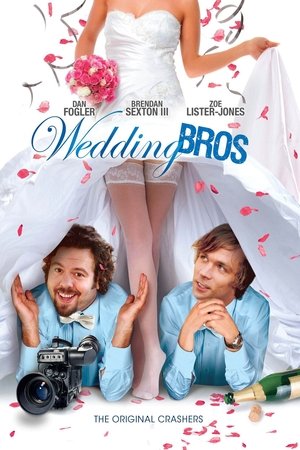 4.4
4.4The Marconi Bros(en)
For the past 5 years, 3 months, and 26 days, (not that theyre counting) Anthony and Carmine Marconi have been dutifully serving out life sentences in the family carpet business. Fate intervenes during a routine carpet installation when the brothers step into the world of Louis Lou Burns, playboy and king of the Long Island wedding video business.
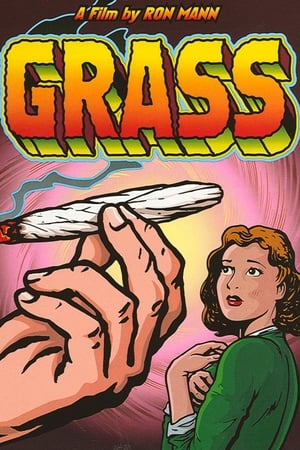 6.5
6.5Grass(en)
Marijuana is the most controversial drug of the 20th Century. Smoked by generations to little discernible ill effect, it continues to be reviled by many governments on Earth. In this Genie Award-winning documentary veteran Canadian director Ron Mann and narrator Woody Harrelson mix humour and historical footage together to recount how the United States has demonized a relatively harmless drug.
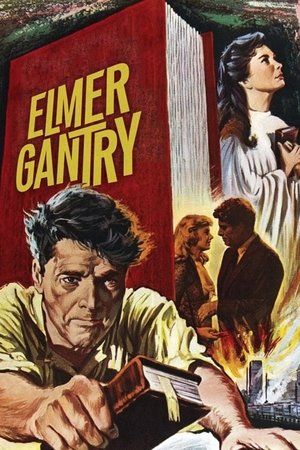 7.3
7.3Elmer Gantry(en)
A charismatic charlatan begins a business — and eventually romantic — relationship with a roadside evangelist to sell religion to 1920s America. Based on Sinclair Lewis' novel of the same name.
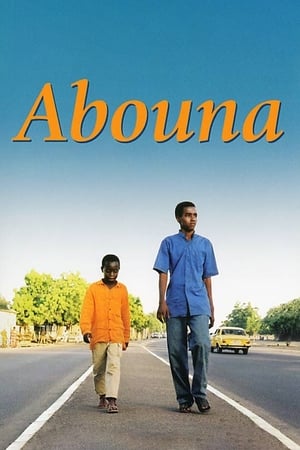 6.0
6.0Abouna(fr)
Two boys (Tamir & Amine) awake one morning to find that their father has abandoned their family. Shocked, they begin to misbehave. While surreptitiously watching a movie, they think they see their father speaking to them and steal the film to examine the frames. Their mother (Achta) eventually despairs and sends them to Koranic school. Unhappy, they plan their escape until the eldest boy falls in love with a deaf girl (Khalil).
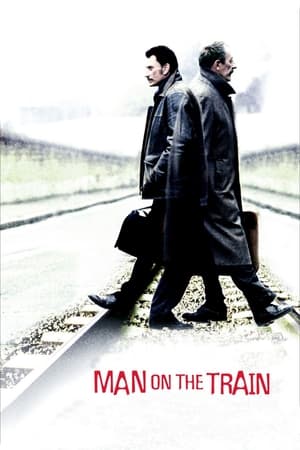 6.7
6.7Man on the Train(fr)
A man, Milan steps off a train, into a small French village. As he waits for the day when he will rob the town bank, he runs into an old retired poetry teacher named M. Manesquier. The two men strike up a strange friendship and explore the road not taken, each wanting to live the other's life.
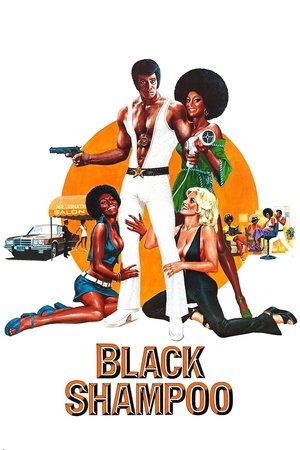 4.6
4.6Black Shampoo(en)
A black hairdresser's sexual escapades with married customers lead to a confrontation with a jealous mobster.
